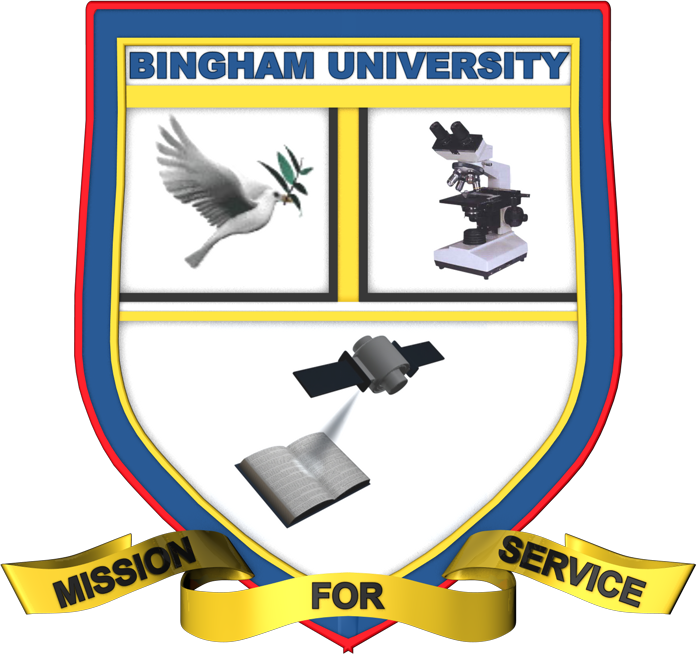An Assessment Of The Impact Of Public Expenditure On Economic Growth In Nigeria, 1981-2015
Authors: JohnO. Aiyedogbon Ph.D; Ropheka E. Bot; Solomon Olubunmi
The study examines the impact of public sectoral expenditure on economic growth in Nigeria for the period 1981-2015. It was observed that the growth of government expenditure was not fully felt by the economy. The econometric method employed is the ARDL model and results show that while the impact of government expenditure on administration and debt servicing were positive on economic growth in the long and short run, expenditure on economic and social sectors has negative impact. We argue that this may not be unconnected with the high level of corruption prevalent in the public sector where funds that are meant for provision or maintenance of socio-economic activities like agriculture, roads, transportations, schools and hospitals are diverted for personal use. The CUSUM and CUSUMSQ test show that the model is stable as neither of them cross the 5% boundary. The paper recommended that government should increase expenditure to the social and economic sectors while debts or debt servicing should be reduced. Also, corruption so prevalent in the public sector should be minimized and if possible, completely be eradicated.
